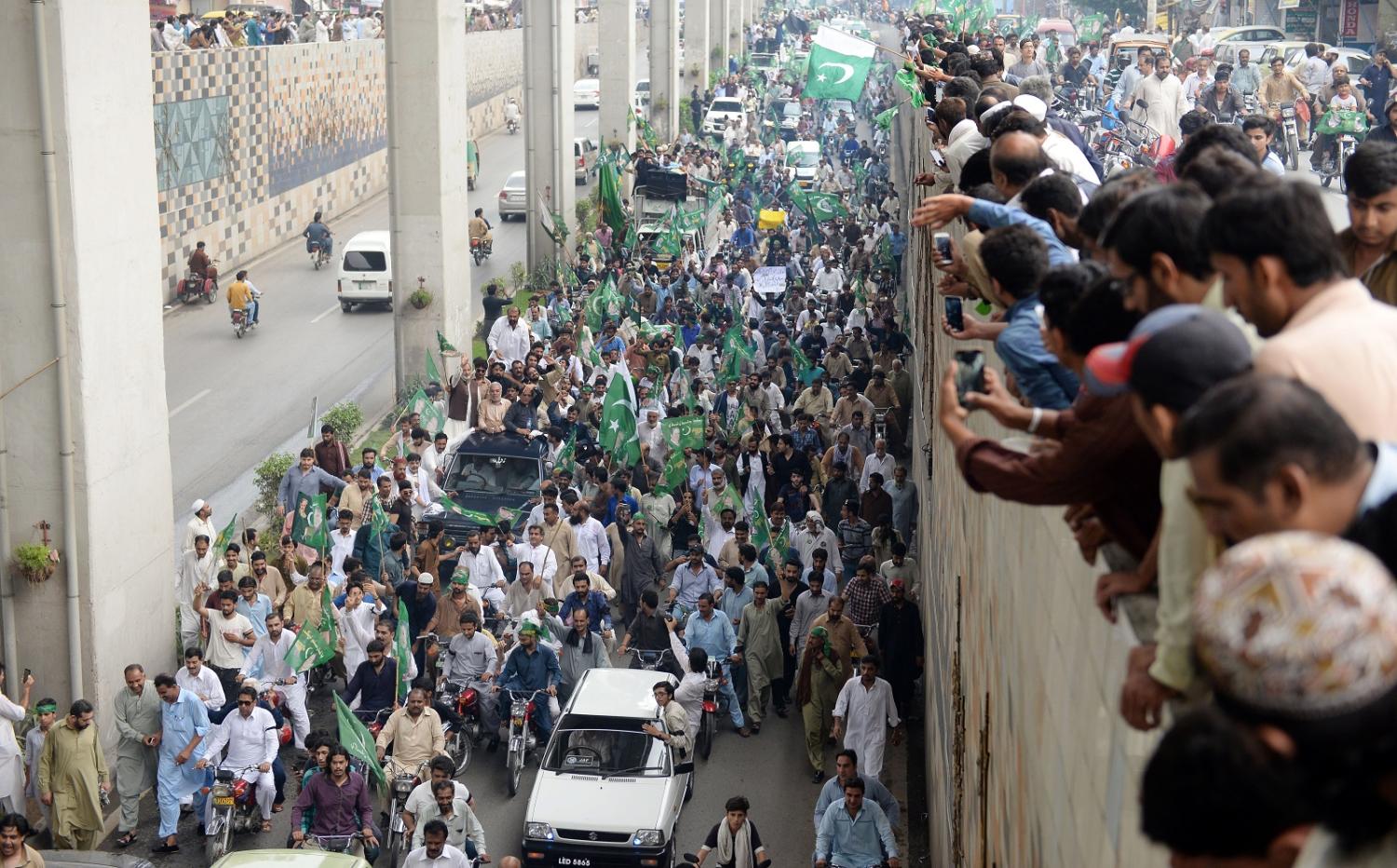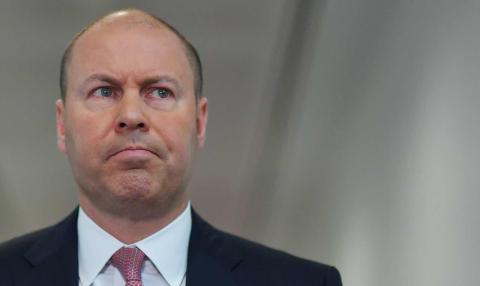This week Pakistan's Supreme Court will hear arguments as to whether Prime Minister Nawaz Sharif is corrupt. The country is in turmoil with its often febrile politics turned up to boiling point. The trigger point for the Supreme Court hearing is clear. Earlier this month, the Joint Investigation Team, set up after the Panama Papers brought to light corruption allegations, issued some explosive findings. To understand the crisis in totality, however, we need to go back to the result of the 2013 general election.
While the Pakistan Muslim League-Nawaz (PML-N) formed government easily on the back of that election result, its electoral strength comes from only one of the country's four provinces. Outside of Punjab it had little support. Meanwhile the election also saw Pakistan Tehrik-i-Insaaf (PTI) emerge as the biggest opposition party at a national level. It has rarely stopped agitating since. In March last year came the Panama Papers suggesting the Sharif family used money laundered through offshore companies to buy expensive properties in London. This was an opportunity for PTI to launch a campaign against the Sharif family.
PTI chairman Imran Khan and two other parties took the allegations to the Supreme Court. In April, three judges of the five Supreme Court justices called for an investigation by a joint team made up of civil and military officials. That order began with a quote from Mario Puzo's mafia novel about the mafia. The two dissenting judges were in favour of the Prime Minister’s immediate disqualification. The ruling party celebrated the majority decision by distributing sweets.
On 10 July, after two months of investigations, the JIT declared in its report that the respondents (who included the PM, his two sons and daughter) failed to document income streams and to provide information that could explain how they acquired various assets. The JIT found many documents offered by the Sharif family were misleading and even false. Among many other findings in the nine volume JIT report released (one volume has not been released as it deals with matters relating to foreign governments), was the conclusion the PM’s daughter had forged a trust deed. The font used to create the deed - Calibri - only became commercially available in 2007, after the deed was allegedly signed.
The Sharif family and the PML-N have rejected the JIT report and this week comes the challenge in court. The PML-N has also filed a petition in the Supreme Court seeking disqualification of Imran Khan for not submitting complete details of the source of the money he used to buy a flat in London. A judgement on that case is expected close to the time when the Court will rule in Prime Minister Sharif’s case.
Since the JIT report was released a week ago, both the government and the opposition have come out with their guns blazing. The electorate is charged and polarised with supporters of PML-N and PTI playing out a furious war over social media, led by Twitter. Many are also confused over some aspects of the JIT report, which calls for some cases closed years ago to be re-opened. The media too is split. Some media groups support the PML-N government while others are rallying behind the opposition.
For the first time, the Pakistan Peoples Party (founded by Benazir Bhutto's father in 1967) and PTI have united, with both demanding the Prime Minister resign immediately. (However they want the National and provincial assemblies to complete their five-year term which ends in June next year).
The PTI and the PPP say accountability and democracy should move simultaneously and have vowed to support Supreme Court in the event the PML-N tried to pressure the judiciary. For their part, government ministers in fiery speeches are warning of serious consequences if the PM is convicted. They have described the investigation as an attempt to derail the democratic process and claim Sharif has been punished for both making Pakistan a nuclear power and for starting the China Pakistan Economic Corridor, which is expected to bring over $US50 billion investment in Pakistan.
While PML-N leader Imran Khan hopes for immediate disqualification of Sharif under Article 62 and 63 of the Constitution - which pertains to parliamentarians found to be dishonest - the government hopes for a long legal battle. The Supreme court may choose to refer the case to National Accountability Bureau or to another court for trial.
Prime Minister Sharif has made it clear he is unwilling to step down and wants to fight to the end, whatever the consequences. His party might resist if the case is not decided in his favour. This could see the political contest spill over into the streets with protests and brawls between rival supporter of the PML-N and the PTI (which might be supported by the PPP).
To date, the Pakistan army has not been not prominent. Given the army has stepped in during crisis situations in the past, its absence this time could reflect a Pakistan that is coming of age. In such a fluid situation, however, military intervention cannot be ruled out. The Supreme Court could even ask the army to implement its order when it comes.

